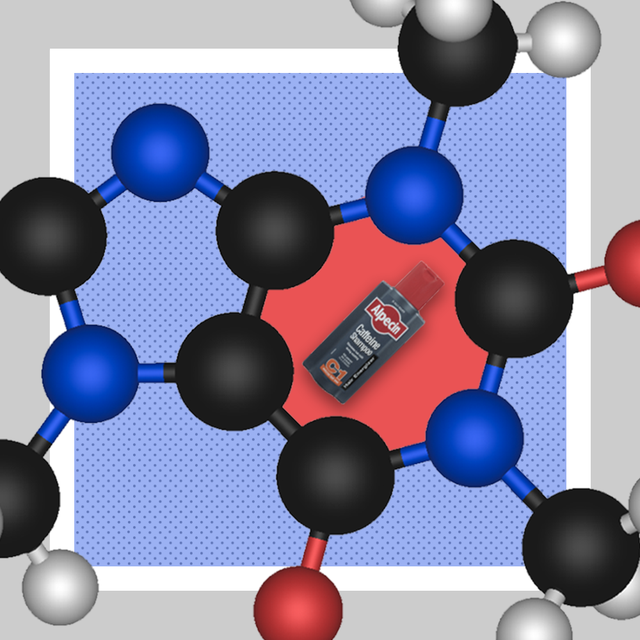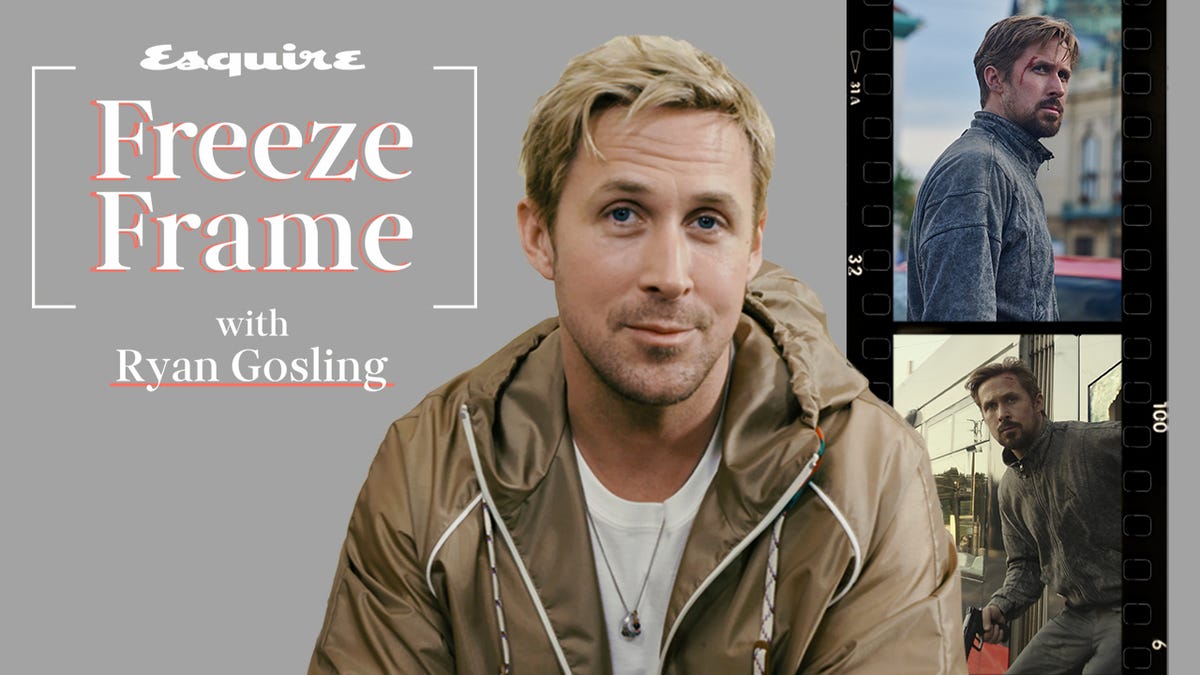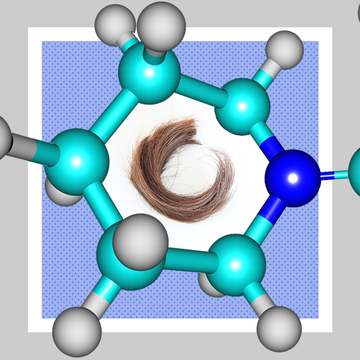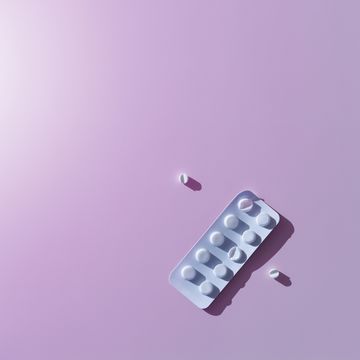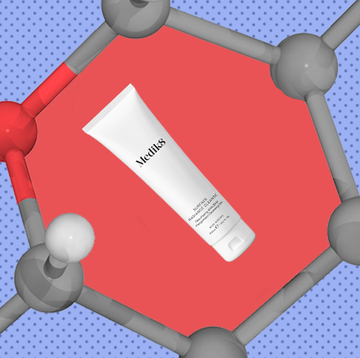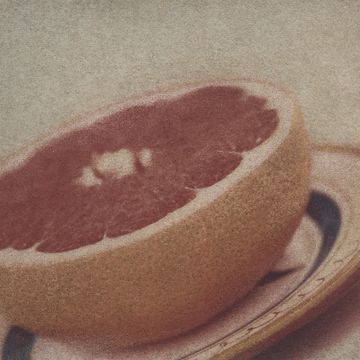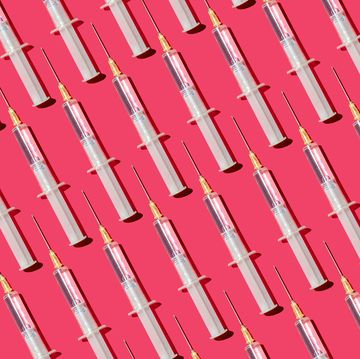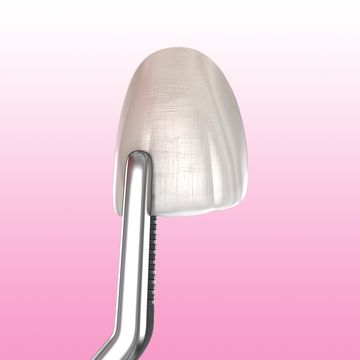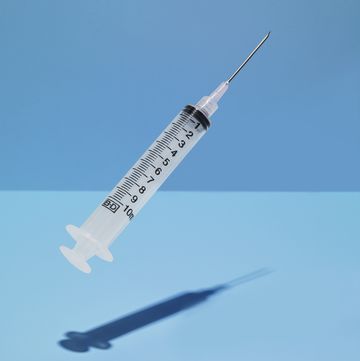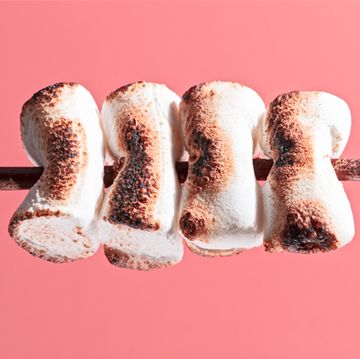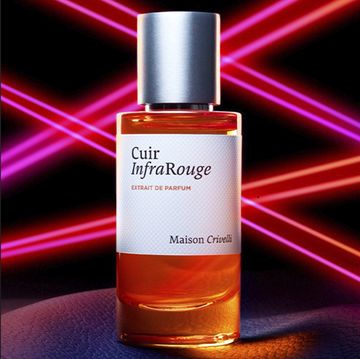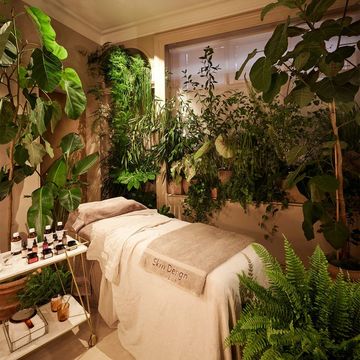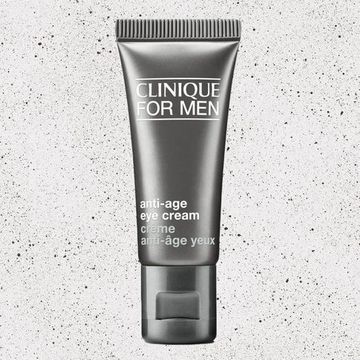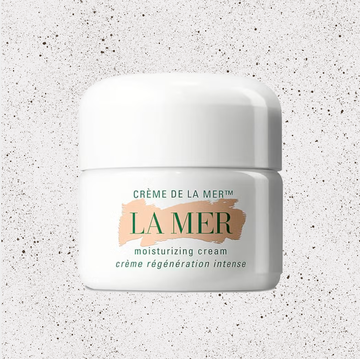Addiction, generally speaking, isn't an office-OK topic. Colleagues get a little uncomfortable if you try to start a 12-step meeting in a Zoom chat. And yet nine-to-fivers the world over are quick to espouse (and even brag about) their physical dependency upon one mass-consumed substance: caffeine.
We get through a stomach-churning 2.25 billion cups of the stuff ever single day, with the stimulant powering our minds and bodies, and helping undo – however temporarily – yet another Netflix-induced late bedtime. It's a chemical that is socially acceptable, socially encouraged and deemed something of an Essential Worker, as our shifts get longer and our bodies grow tireder.
That same logic has been applied to haircare. If caffeine, with all its turbo-charging properties, could jumpstart the central nervous system, it could do the same for other parts of your body. Hair follicles too would wake up. More than that, they'd grow! Coffee is a miracle! Eyes weep, heads sprout, we all go home happy.
And it’s not as farfetched as dousing yourself in extracts of Arabica beans may first seem. The energy-boosting stimulant has been making the rounds in the skincare world, promising to brighten skin, reduce wrinkles and improve firmness by its natural ability to increase blood flow to where it’s applied. It's in just about anything, from a detoxifying face mask to an depuffing eye cream – whether it does what it says on the bottle is another topic. But within haircare, many men have been relying on the fact that caffeine shampoo will save them from having a bare egg-resemblant head.
You can thank the claims of Alpecin for that: a German shampoo company first established in 1905 that uses the supposed powers of a morning cup of joe to rejuvenate men's hair.
According to research conducted by the company's parent group, Dr Wolff, Alpecin (and other similar caffeine shampoos) work by dousing hair follicles in caffeine. From there, it penetrates the skin to stimulate growth and counter the not-so-great side effects of testosterone, which, in some men, causes the release of a byproduct called dihydrotestosterone (DHT). That's the stuff that shrinks hair follicles and stops them growing new hair.
Sounds great. But the efficacy of this treatment has come under question by leading experts, and Dr Wolff's findings have not always been corroborated elsewhere. Dr Sergio Vañó, dermatologist and trichologist at Madrid's Clínica Grupo Pedro Jaén hospital, is one of them. "Over the last two years, I've frequently seen patients resorting to caffeine shampoos for hair loss," he tells me over email. "And no, they don't work, because the amount of caffeine that targets the hair root where the hair follicle grows is scarce, and its treatment of androgenetic alopecia" – the medical term for male pattern baldness – "is doubtful."
To really tackle hair loss, Dr Vañó recommends other, more clinically proven methods. "Antiandrogenic drugs (oral, injected or topical) and minoxidil (again oral, or topical) are the most effective therapies. Other treatments include microneedling, low level light therapy, or a more targeted therapy depending upon whether the patient is male or female, and the grade of the alopecia diagnosed." Which isn't to say caffeine shampoos are a product of pure quackery. Just that they work better in a petri dish than in your shower.
"Brands argue that they stimulate hair growth because there are some in vitro studies that assess the potential effectiveness of caffeine in treating androgenetic alopecia," says Dr Vañó. But again, the jury is out – as is the Advertising Standards Authority. In 2018, the UK regulatory body ruled that Alpecin was no longer allowed to state that it could reduce hair loss, with a spokesperson stating that "we considered that we had not seen any studies of the actual product as used by consumers on their scalp using an accurate and objective analysis of hair growth, in a well-designed and well-conducted trial." Not that surprising, given that one of the strident testing methods included a suspect "hair pull" technique to prove the shampoo's potency. It's high time we all woke up and smelt the coffee.
Verdict: Sorry guys. If you're losing coverage, caffeine shampoos won't beat mother nature (or your genes). Either switch-up your hairstyle, or grab the clippers and opt for a crew cut. It'll look much better than you think.
